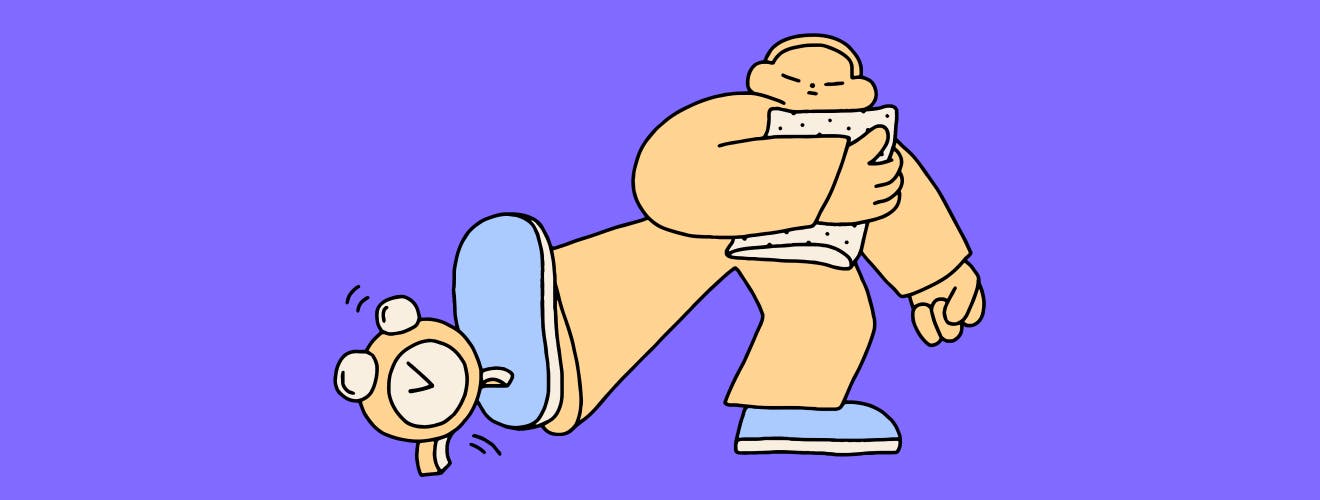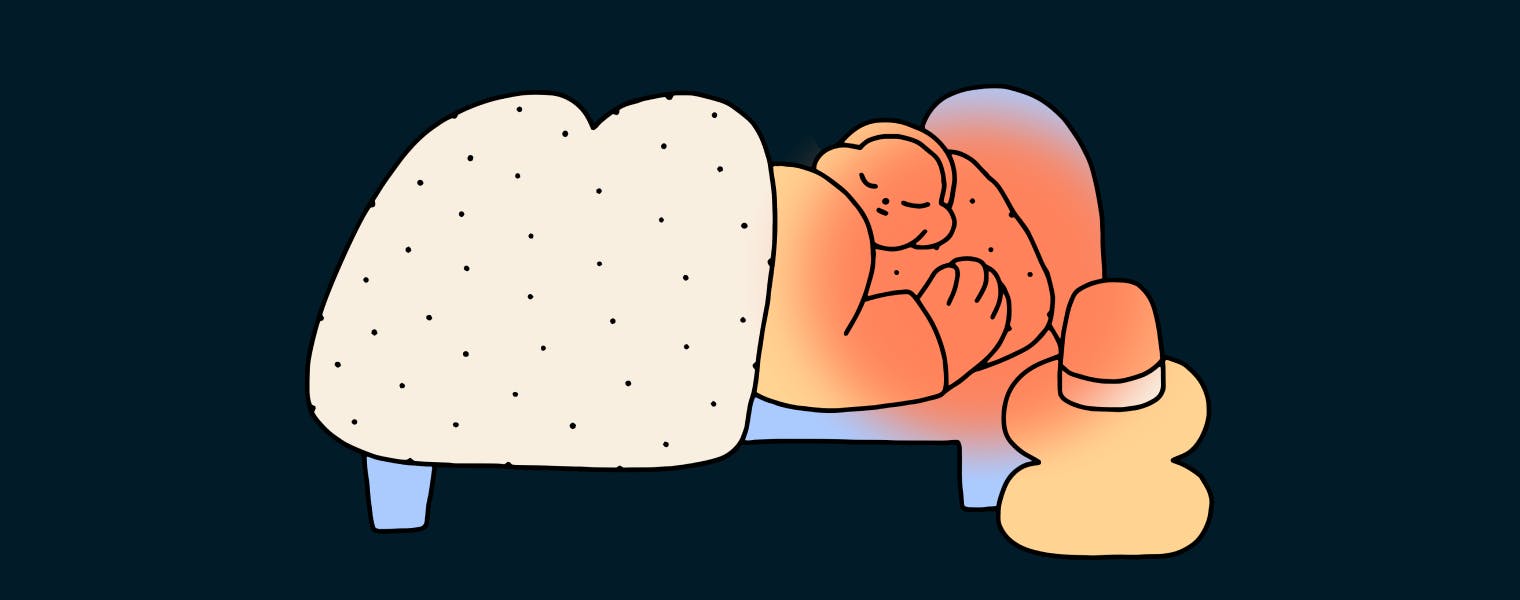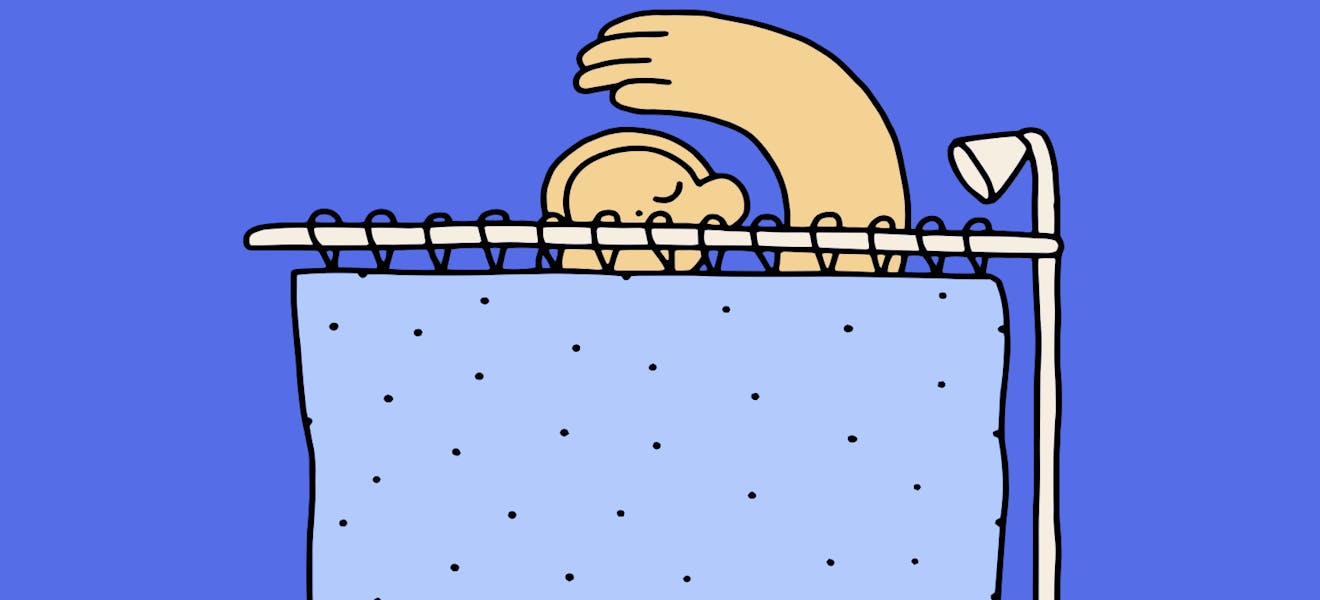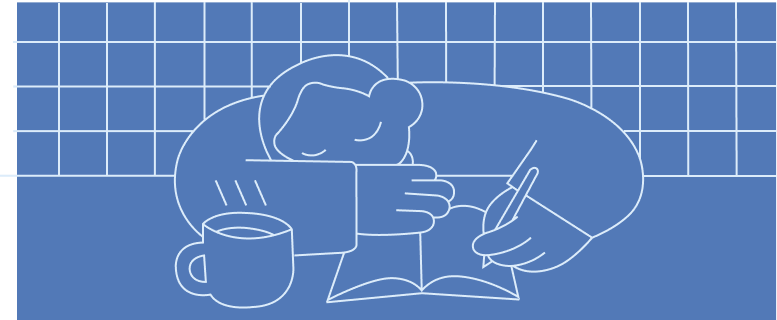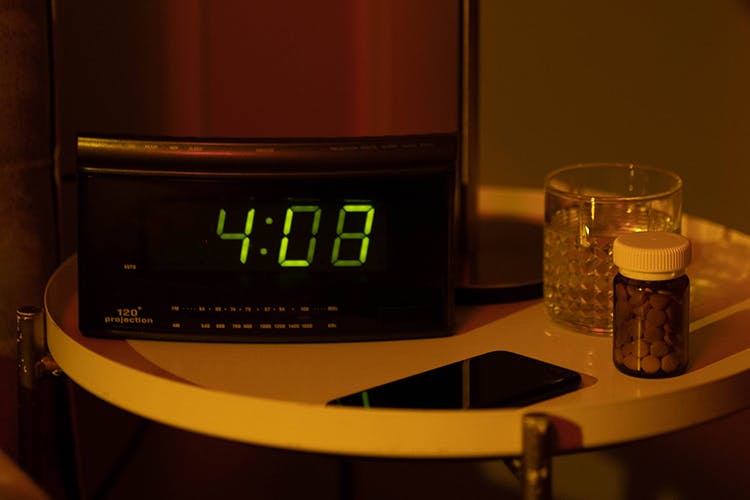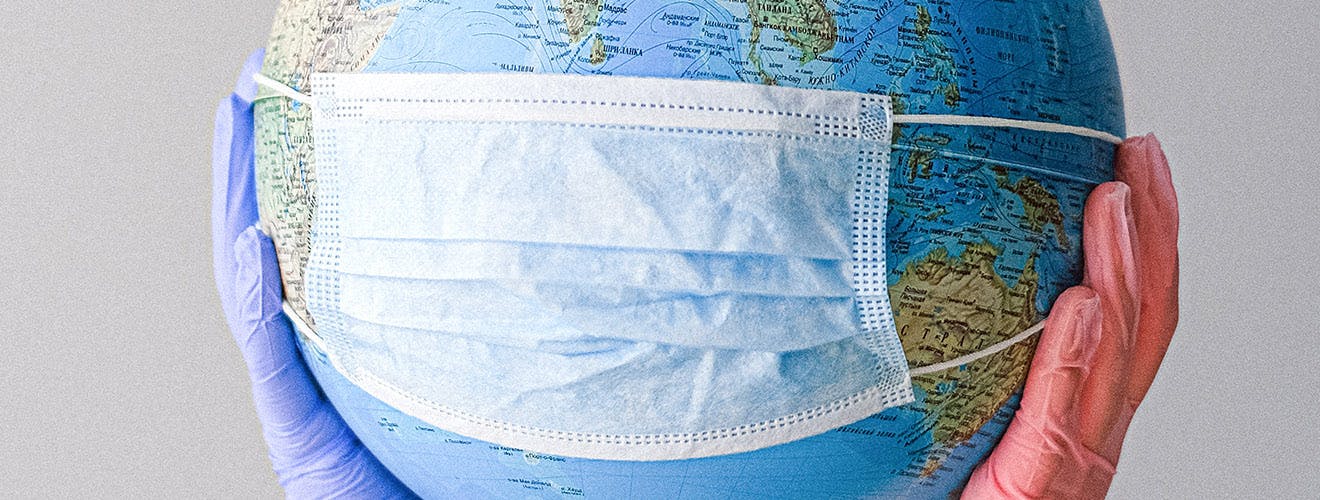Sleeping When Sick: The Do's and Don'ts
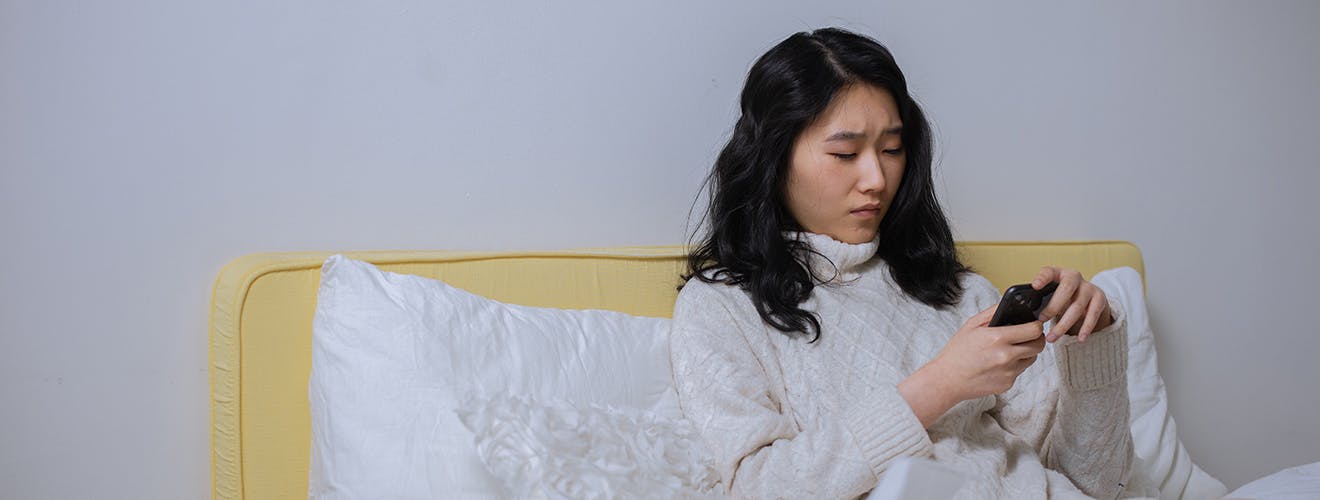
Sleeping when sick and achieving quality rest can be challenging. Illnesses including the common cold and flu could leave us with a stuffy nose and other symptoms which make getting some shut-eye harder than usual. But despite these challenges, sleep becomes more essential when we’re sick. It gives our bodies a chance to recover and fight illness.
Not getting enough rest can lengthen our recovery time and make it harder for our bodies to recuperate. Research suggests that it may even make us more vulnerable to getting sick. Listed below are some tips and information about sleeping when you’re feeling under the weather.
Why Is Sleep Important When You’re Sick?
Our health is linked to sleep in more ways than one. Sleep helps our body repair itself while aiding our recovery. It’s one of the reasons why we’re advised to get proper rest when we get a vaccine or when we aren’t feeling well.
Not getting enough can also make us more susceptible to cardiovascular diseases, high blood pressure, depression, and heightened reactions against inflammations and infections. These ailments are all manifestations of our physiological response to stress.
To give your body a better shot at fighting illnesses, aim to get the recommended hours of sleep, especially when you’re sick.
Why Do You Feel Sleepy When You're Sick?
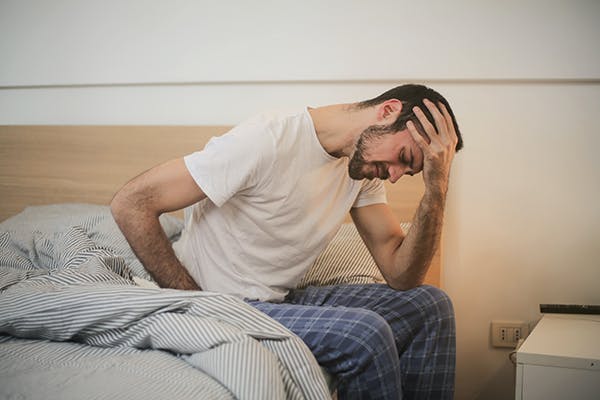
Sleep helps our body jump into repair mode as it tries to keep us healthy, ward off viruses, soothe inflammation, and give it the strength it needs to fight an illness. This function operates at its peak when we’re sick, forcing us to take a step back from our normal routine and let our body take its time to heal.
Many scientists believe that feeling sleepy is a survival mechanism that our bodies undergo when our cells and bodies experience stress. Though the exact reason for the heightened tendency to sleep is still unexplained, an important study in 2017 used worms to try and explain the phenomenon. In short, they found the release of certain neurons and neuropeptides sent signals between neurons in the brain that triggered sleep.
Because sleep plays an important part in our recovery, it’s best to give yourself the opportunity to rest.
How Does Sleep Help Our Immune System?
How does sleep help our immune system fight diseases? Cytokines, a protein in our immune system, are intercellular messengers released by our body when we doze off. Its primary function is to regulate inflammation, thereby strengthening our immune response.
Fever is a built-in response that gets activated when we come in contact with a virus or bacteria.
It’s important to note that our immune system requires energy to function. When we’re up and about, we use up our mental and physical energy. When we’re asleep, this energy is directed to our immune system and aids in recovery.
How Much Sleep Do You Need When Sick?
While it’s harder to wake up feeling refreshed when you’re ill, you need more sleep hours so you can fight off the disease that’s putting your general wellness at risk.
How many hours of sleep do you need? That depends on multiple factors like your health, activity levels, and most importantly, your age.
Generally:
- Infants require 12 to 18 hours of sleep per day, including naps.
- Toddlers require 10 to 14 hours of sleep, including naps.
- Teenagers require 8 to 10 hours of sleep.
- Adults require 7 to 9 hours of sleep.
When sick, you should strive to get the recommended hours of sleep for your age, if not an hour or two more.
How To Get Better Sleep When Under the Weather
Do you have trouble dozing off because of your sore throat, coughs, colds, fever, or nasal congestion? Try these tips for better sleep:
Use Natural Sleep Aids
Flu symptoms and cold symptoms like aches, chills, cough, diarrhea, fatigue, headaches, runny or stuffy nose, sore throat, vomiting, and other related signs of illness can keep you from getting quality rest.
Sleep aids and over-the-counter medications can help you overcome these challenges and get healthy sleep. If you’re in search of a natural and effective one to try, check out Sandland Sleep.
We have two options available: Fall Asleep for help dozing off and Stay Asleep to help you get continuous rest. The active ingredients include melatonin and hemp extract to get you to bed quickly with no side effects and no morning-after grogginess.
Avoid Alcohol
Alcohol may make you feel sleepy, but it does not help you get a restful night of quality sleep. Try to avoid drinking before going to bed when under the weather.
Stick to healthier fluids instead. The hot steam from tea or warm soup can help clear your nasal passages and promote easy breathing. You can also turn to saltwater to treat a scratchy throat and honey to ease a stubborn cough.
Use a Humidifier
Dry air can aggravate the symptoms of cold, flu, and other respiratory illnesses. To tackle these symptoms, moisturize the air in your bedroom periodically with a humidifier.
Having one in your bedroom can help prevent congestion in your airways and open your nasal passages to induce comfortable sleep. You can also add essential oils to maximize their benefits. Just clean your humidifier regularly to ensure it doesn’t accumulate any germs.
If you don’t have one, you can also leave a bowl of water out, preferably near a heat source to humidify the air. This way, you don’t have to deal with worsening symptoms and you get to sleep more comfortably, thus speeding your body’s repair process.
Create a Comfortable Sleep Environment
Creating a comfortable environment that’s conducive for sleep can do wonders for the quality of rest you get.
Start by practicing good bedtime habits by blocking out all distracting sources of light. Close your curtains, avoid watching TV when it’s close to bedtime, and use earplugs if you can’t keep noise out. You can also listen to calming music if you like.
Other ways you can create a more comfortable environment is to change your beddings to more cozy and soft sheets and lower the temperature in your room (if the weather is hot and you have access to an air conditioner).
Conclusion
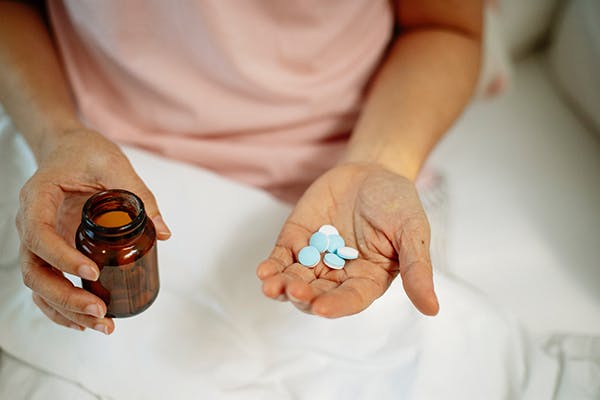
Sleep is indispensable for a healthy body and recovery when we’re sick. To give yourself the best chance for fighting illnesses: eat a well-balanced diet, keep yourself hydrated, practice good sleep hygiene, and take over-the-counter medicines or sleep aids to help you get the rest you need. By following these tips, your body will be able to put up a good fight come flu season.
Yes, it’s good to sleep when you’re sick. It gives your body plenty of time to boost your immune system and get rid of infections and inflammations easily. When you’re sick, try to rest as much as possible to aid healing.
No, but fighting an illness is challenging for the body. If you aren’t getting better and notice your symptoms getting worse despite getting quality sleep, there may be other medical factors at play. You should consult a doctor for medical advice, diagnosis, and treatment.
Sleeping in a cold room is generally preferred by most people. Cooler temperatures are also more conducive for sleep since the body temperature naturally drops when we’re asleep. Of course, if you have a fever and are experiencing chills, you should treat the fever and regulate the temperature in your room to a more comfortable one.
Sleep helps our body relax and heal but it isn’t a medicine or treatment for cold and flu. When we sleep, our body makes a protein called cytokine which helps the body fight diseases and inflammation. Sleeping can boost our immune system which can speed up our recovery time and thus, help us get rid of cold and flu.
